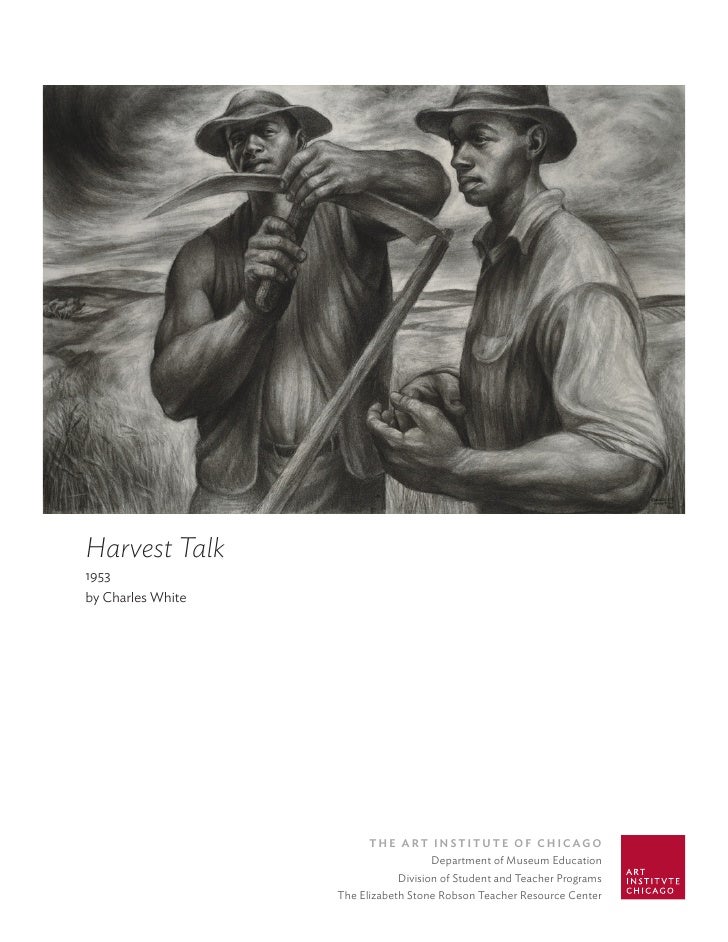Let's read the first MC section.
When do you thin it was written? Why?
What do you think the author's nationality is? Why?
What is the author's main point?
What characteristics of this text make it challenging for the typical reader?
What makes it challenging to read? Content? Syntax? Diction? Tone?
pedantic
or pedantical
[puh-dan-tik]
1.
ostentatious in one's learning.
2.
overly concerned with minute details or formalisms, especially in teaching.
af·fec·ta·tion
NOUN
- behavior, speech, or writing that is artificial and designed to impress:
- a studied display of real or pretended feeling:"an affectation of calm"
ADJECTIVE
formal(of an account or representation) clearly expressed and easily understood; lucid:"it provides simpler and more perspicuous explanations than its rivals"- (of a person) able to give an account or express an idea clearly.
NOUN
- hypocritical and sanctimonious talk, typically of a moral, religious, or political nature:"the liberal case against all censorship is often cant"
- denoting a phrase or catchword temporarily current or in fashion:"they are misrepresented as, in the cant word of our day, uncaring"
VERB
datedtalk hypocritically and sanctimoniously about something:"if they'd stop canting about “honest work,” they might get somewhere"vulgar
[vuhl-ger]
adjective 1.
characterized by ignorance of or lack of good breeding or taste:
vulgar ostentation.2.
indecent; obscene; lewd:
a vulgar work; a vulgar gesture.3.
crude; coarse; unrefined:
a vulgar peasant.4.
of, relating to, or constituting the ordinary people in a society:
the vulgar masses.5.
current; popular; common:
a vulgar success; vulgar beliefs.6.
spoken by, or being in the language spoken by, the people generally; vernacular:
vulgar tongue.
tone =
speaker’s attitude
|
POSITIVE
TONE WORDS
|
NEUTRAL
(+, -, or neutral)
|
NEGATIVE
TONE WORDS
|
||
|
admiring
adoring
affectionate
appreciative
approving
bemused
benevolent
blithe
calm
casual
celebratory
cheerful
comforting
comic
compassionate
complimentary
conciliatory
confident
contented
delightful
earnest
ebullient
ecstatic
effusive
elated
empathetic
encouraging
euphoric
excited
exhilarated
expectant
facetious
fervent
flippant
forthright
friendly
funny
gleeful
gushy
happy
|
hilarious
hopeful
humorous
interested
introspective
jovial
joyful
laudatory
light
lively
mirthful
modest
nostalgic
optimistic
passionate
placid
playful
poignant
proud
reassuring
reflective
relaxed
respectful
reverent
romantic
sanguine
scholarly
self-assured
sentimental
serene
silly
sprightly
straightforward
sympathetic
tender
tranquil
whimsical
wistful
worshipful
zealous
|
commanding
direct
impartial
indirect
meditative
objective
questioning
speculative
unambiguous
unconcerned
understated
|
abhorring
acerbic
ambiguous
ambivalent
angry
annoyed
antagonistic
anxious
apathetic
apprehensive
belligerent
bewildered
biting
bitter
blunt
bossy
cold
conceited
condescending
confused
contemptuous
curt
cynical
demanding
depressed
derisive
derogatory
desolate
despairing
desperate
detached
diabolic
disappointed
disliking
disrespectful
doubtful
embarrassed
enraged
evasive
fatalistic
fearful
forceful
foreboding
frantic
frightened
frustrated
furious
gloomy
grave
greedy
grim
harsh
haughty
holier-than-thou
hopeless
|
hostile
impatient
incredulous
indifferent
indignant
inflammatory
insecure
insolent
irreverent
lethargic
melancholy
mischievous
miserable
mocking
mournful
nervous
ominous
outraged
paranoid
pathetic
patronizing
pedantic
pensive
pessimistic
pretentious
psychotic
resigned
reticent
sarcastic
sardonic
scornful
self-deprecating
selfish
serious
severe
sinister
skeptical
sly
solemn
somber
stern
stolid
stressful
strident
suspicious
tense
threatening
tragic
uncertain
uneasy
unfriendly
unsympathetic
upset
violent
wry
|
mood =
emotional effect that
the text
creates for the audience
|
POSITIVE
MOOD WORDS
|
NEGATIVE
MOOD WORDS
|
||
|
amused
awed
bouncy
calm
cheerful
chipper
confident
contemplative
content
determined
dignified
dreamy
ecstatic
empowered
energetic
enlightened
enthralled
excited
exhilarated
flirty
giddy
grateful
harmonious
hopeful
hyper
idyllic
joyous
|
jubilant
liberating
light-hearted
loving
mellow
nostalgic
optimistic
passionate
peaceful
playful
pleased
refreshed
rejuvenated
relaxed
relieved
satiated
satisfied
sentimental
silly
surprised
sympathetic
thankful
thoughtful
touched
trustful
vivacious
warm
welcoming
|
aggravated
annoyed
anxious
apathetic
apprehensive
barren
brooding
cold
confining
confused
cranky
crushed
cynical
depressed
desolate
disappointed
discontented
distressed
drained
dreary
embarrassed
enraged
envious
exhausted
fatalistic
foreboding
frustrated
futile
gloomy
grumpy
haunting
heartbroken
hopeless
hostile
indifferent
infuriated
|
insidious
intimidated
irate
irritated
jealous
lethargic
lonely
melancholic
merciless
moody
morose
nauseated
nervous
nightmarish
numb
overwhelmed
painful
pensive
pessimistic
predatory
rejected
restless
scared
serious
sick
somber
stressed
suspenseful
tense
terrifying
threatening
uncomfortable
vengeful
violent
worried
|

No comments:
Post a Comment